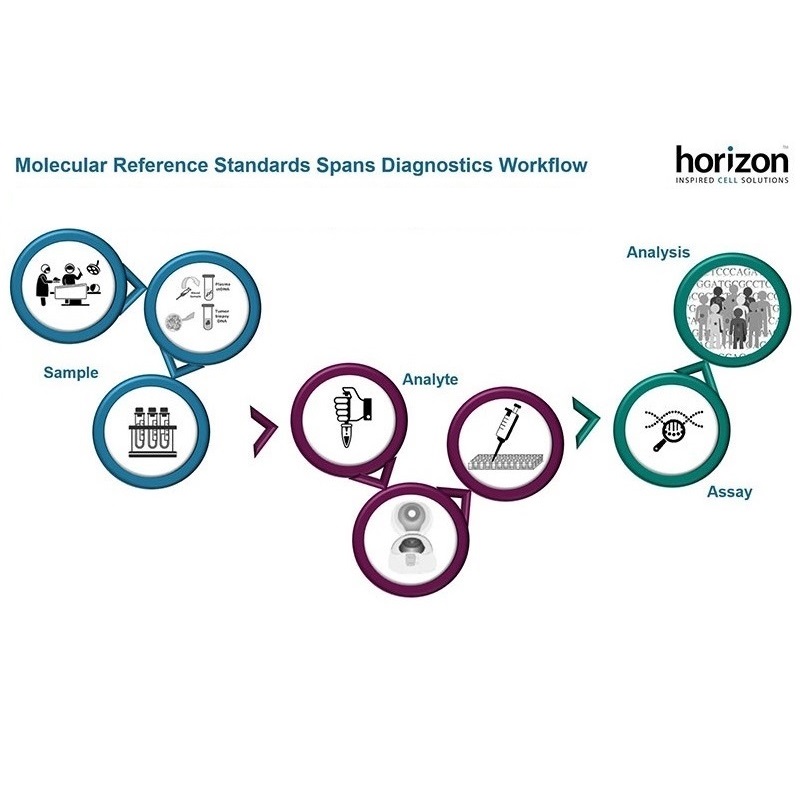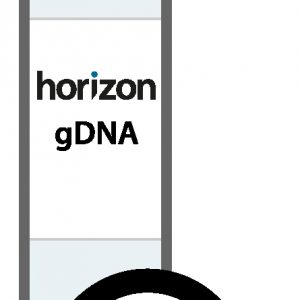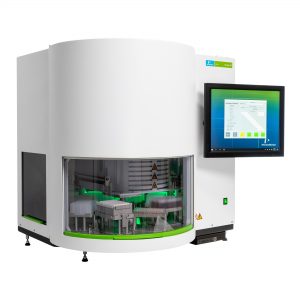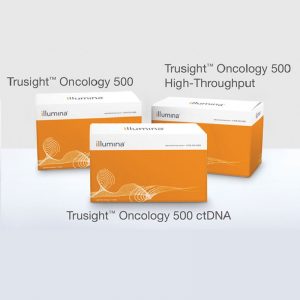Reference Standards
Horizon offers diagnostic reference standards to ensure NGS assays are performing at the highest level. We have found optimization and validation of NGS workflows improve when using cell line-derived reference standards that closely represent the patient sample. Our aim is to provide reliable, reproducible and affordable cell-line derived reference standards to help improve confidence in NGS patient results. Scientists use Horizon diagnostic reference standards to develop or validate diagnostic assays, or to routinely monitor their diagnostic assay, ensuring the NGS assay is working properly. No matter the assay or specific challenge a clinical testing facility faces, there is a need for commutable controls that is a close representation of real clinical samples. We believe that control should be reliable, consistently available and affordable.










